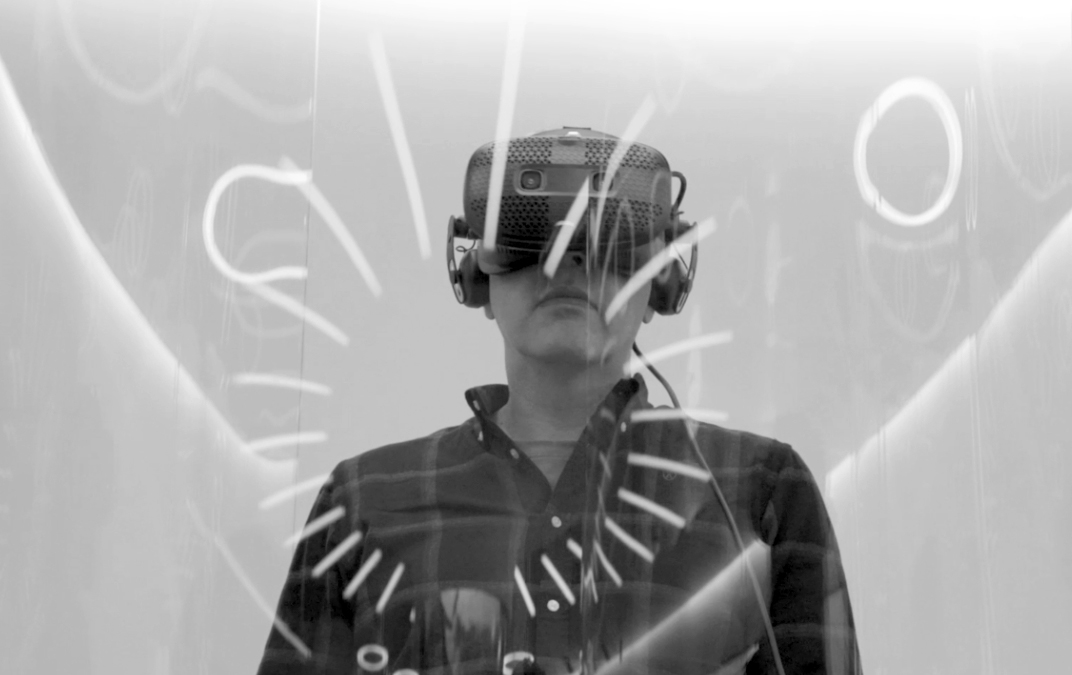Would a virtual advertising agency be possible?'
- Date
- Written by Carlos Sanz de Andino
In other words, an agency without a physical office, with remote workstations, creatives thinking from their kitchens, executives managing accounts in their slippers, meetings in the ether, remote editing tables; deconstructed teams teleworking from flats on beaches, cabins in forests, boats in harbours; scattered all over the world, from Pedraza to Denpasar...
In other words, would it be possible for an agency to operate indefinitely as we have done all these months?
In March, we had no choice. From one day to the next, with more trepidation than confidence, we all saw our faces for the first time in a mosaic of little squares on a screen, alongside the faces of those with whom we used to sit, chair to chair, in our offices in Chueca, La Castellana or La Diagonal. And suddenly, there we all were, like the Brady family, looking at each other and thinking in unison (but silently, so as not to show our nerves): Oh, God, what's coming!
And yet, despite initial fears, it wasn't so bad. As the saying goes, necessity is the mother of invention, and we all needed to learn how to cope with this new situation. It was fight or die. If he were still with us, my dear Darwin would have fondly reminded us of his famous saying: it is not the strongest or the largest species that survive, but those that are most responsive to change. And the environment that had come about was war, so we, as Bogart would have done, looked Ingrid Bergman straight in the eye and said to her with tenderness and melancholy:
– The world is collapsing, and we are going digital.
And then, like Marty, we step on the DeLorean until it reaches 88 miles per hour, and a few seconds later we appear five years in the future... That is what experts estimate that lockdown has made us travel into the future in the process of digitalisation.
There is no doubt that many things have changed forever. Teleworking has worked (although it has intruded on our privacy more than we imagined), digital meetings are more agile and more effective (although there are also more of them), and everyone's responsibility and involvement has been commendable. There are many things to fix, but digitalisation was already unstoppable before, and with everything that has happened, it is now like Django: unleashed.
Who knows, perhaps entirely virtual advertising agencies—models that were tried without much success in the past—are now a viable reality. And when we say agencies, we mean media centres, production companies, sweet manufacturers, or fill in the blank... After all, that's what we've been doing all this time, hasn't it?
Well, not entirely. I firmly believe that one of the key elements in everything going well has not been technological, but human. In my case, the faces I have seen on screen over the last few months are those of people I have worked closely with in the past, with whom I have gone out for beers, gambled, fought, laughed, trusted and learned. Knowing each other beforehand was essential for everything to work afterwards. And getting to know each other is something that can only be done by looking each other in the eye, without machines in between. That's why, for companies with a high human content – such as agencies – I am committed to mixed future scenarios rather than entirely virtual ones. It's not that it's not technically possible – it is – it's just that I'm convinced it wouldn't be the same. In the coming digitalisation, technology will undoubtedly be very important, but people will continue to be more so. Or at least that's what I want to believe.

